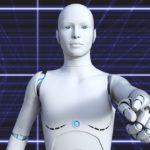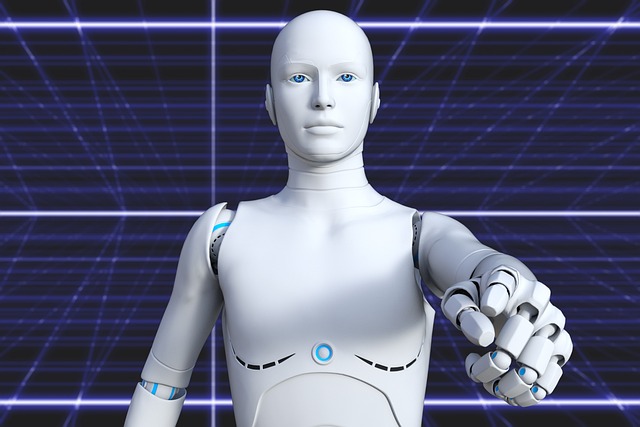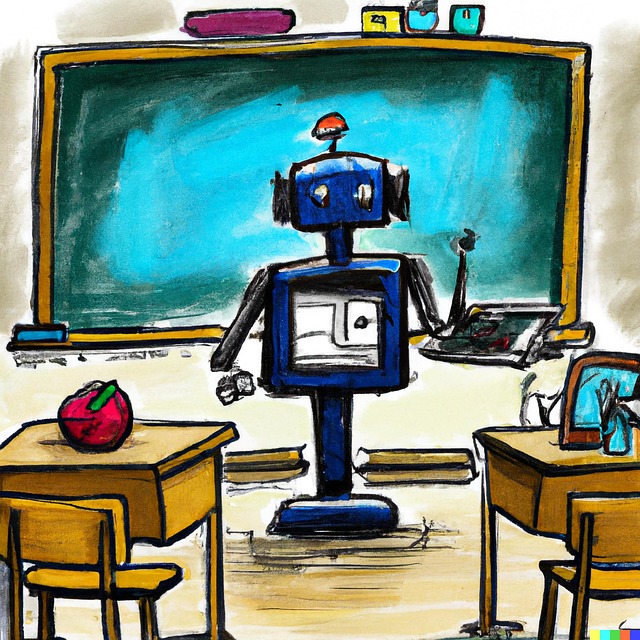# Exploring the Intersection of AI Technology and Human Experience in a Rapidly Changing World
In recent years, the rapid advancement of artificial intelligence (AI) technology has transformed various aspects of human life, from healthcare to entertainment. The integration of AI into daily experiences is not merely a trend; it marks a profound shift in how we interact with the world around us. As we delve deeper into this intersection of AI technology and human experience, it becomes crucial to understand both the opportunities and challenges that arise in this evolving landscape.
## The Transformative Power of AI in Daily Life
AI technology has permeated numerous sectors, fundamentally altering our interactions and expectations. One notable example is the healthcare industry, where AI-driven tools enhance diagnostic accuracy and personalize treatment plans. Machine learning algorithms analyze vast datasets to identify patterns that human practitioners might overlook. Such advancements not only improve patient outcomes but also streamline administrative processes, allowing healthcare professionals to focus more on direct patient care.
Moreover, the influence of AI extends beyond healthcare into the realm of consumer technology. Virtual assistants like Siri and Alexa have become commonplace, reshaping how users engage with their devices. These AI systems learn from user interactions, adapting to preferences and providing tailored responses. The convenience offered by these technologies enhances user experience, but it also raises questions about privacy and data security. As individuals become increasingly reliant on AI for everyday tasks, the balance between convenience and personal privacy becomes a critical consideration.
In the realm of education, AI technologies are revolutionizing learning methodologies. Adaptive learning platforms utilize AI to customize educational experiences, catering to individual student needs. This personalized approach not only fosters engagement but also addresses the diverse learning paces and styles of students. However, this shift towards AI-driven education necessitates a reevaluation of the role of educators, who must adapt to facilitate learning in an increasingly automated environment.
## Ethical Considerations in AI Development
While the benefits of AI are substantial, ethical considerations surrounding its development and implementation cannot be overlooked. The potential for bias in AI algorithms poses significant challenges, particularly in areas such as hiring practices and law enforcement. If these systems are trained on biased datasets, they may perpetuate existing inequalities, leading to unfair treatment of certain groups. Addressing these biases requires a concerted effort from developers to ensure that AI systems are transparent and inclusive.
Furthermore, the issue of accountability in AI decision-making is gaining prominence. As AI systems increasingly make autonomous decisions, the question arises: who is responsible for the outcomes? This dilemma becomes particularly critical in sectors like autonomous driving or healthcare, where decisions can have life-altering consequences. Establishing clear guidelines and accountability frameworks is essential to ensure that AI technologies are used responsibly and ethically.
In addition, the psychological impact of AI on human experience warrants attention. The rise of AI-driven interactions, particularly in customer service and social platforms, can lead to a sense of detachment and loneliness. As individuals engage more with machines than with humans, the potential for social isolation increases. Striking a balance between leveraging AI for efficiency while maintaining meaningful human connections is a challenge that society must navigate.
## The Future Landscape: Human-AI Collaboration
As we look ahead, the future of AI technology lies in fostering collaboration between humans and machines. Rather than viewing AI as a replacement for human capability, it can be seen as a tool that enhances human potential. In creative fields, for instance, AI-generated art and music are emerging as collaborative partners for human artists. This intersection of creativity and technology opens new avenues for expression and innovation, challenging traditional notions of authorship and creativity.
In the workplace, AI can augment human decision-making by providing insights derived from data analysis. By automating routine tasks, employees can focus on strategic thinking and problem-solving, thus enhancing productivity and job satisfaction. The key to successful human-AI collaboration lies in designing systems that complement human skills rather than undermine them. Organizations must invest in training and development to equip their workforce with the skills necessary to thrive in an AI-enhanced environment.
Moreover, fostering a culture of continuous learning is essential in a world where AI technology evolves at a breakneck pace. As new tools and methodologies emerge, individuals and organizations must remain adaptable and open-minded. Lifelong learning initiatives can empower individuals to embrace change and harness the full potential of AI technologies, ensuring that they remain relevant in a rapidly changing job market.
## Conclusion: Navigating the AI-Driven Future
In conclusion, the intersection of AI technology and human experience presents both remarkable opportunities and significant challenges. As we navigate this rapidly changing world, it is imperative to approach AI development with a focus on ethics, accountability, and human-centric design. By fostering collaboration between humans and machines, we can unlock new possibilities while preserving the essence of human experience. The future of AI lies not in replacing humanity but in enhancing it, creating a world where technology and human ingenuity coexist harmoniously. As we embrace this journey, a thoughtful approach will be essential to ensure that AI serves as a catalyst for positive change in society.











